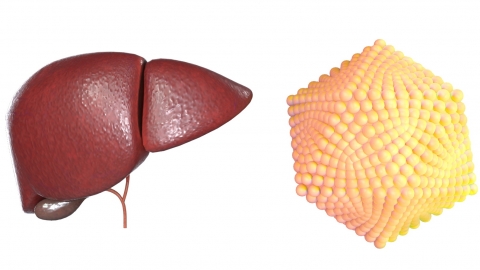Is it good or bad to have a positive hepatitis B surface antigen?
Generally, a positive hepatitis B surface antigen (HBsAg) test is not a favorable sign, as it indicates a possible hepatitis B virus infection. However, the specific condition and severity of the disease must be determined in conjunction with other diagnostic tests. If concerned, it is advisable to seek medical consultation early. Detailed analysis is as follows:

Hepatitis B surface antigen is a marker protein of the hepatitis B virus. A positive result indicates the presence of hepatitis B virus in the body, which may suggest an acute infection phase, chronic carrier state, or active chronic hepatitis B. If abnormal liver function and high viral load are present, they may indicate liver inflammation or damage, which requires timely treatment, as the condition could progress to serious diseases such as cirrhosis.
Some individuals may have a positive HBsAg test, but long-term normal liver function and very low viral load indicate that they are hepatitis B virus carriers without significant liver damage. Although such cases generally do not require immediate treatment, regular monitoring is still necessary to detect any sudden activation of the virus that may lead to changes in the condition. Health management should not be neglected simply because there are no symptoms.
Once HBsAg is found to be positive, it is important to promptly complete tests including the hepatitis B panel, liver function assessment, viral load testing, and liver ultrasound, and have the condition evaluated by a qualified physician. In daily life, alcohol consumption and excessive fatigue should be avoided, and medical instructions for treatment or regular follow-up examinations must be strictly followed. Never take medication on your own initiative.




